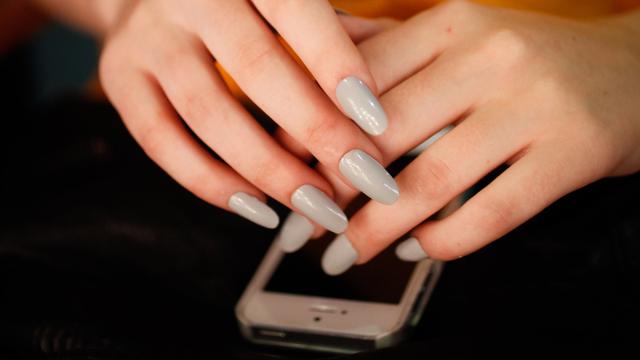Survivors of sexual assault in England and Wales will now risk having their case dropped if they don’t hand over their electronic devices to police, giving law enforcement access to some of their most intimate personal data. Victims also risk being charged with entirely separate crimes if they choose to comply.
According to the Associated Press, law enforcement will now ask victims of crimes, including rape survivors, to sign a consent form that asks for their permission to seize their electronic devices in order to access mobile data that might be relevant to the investigation.
“If you refuse permission for the police to investigate, or for the prosecution to disclose material which would enable the defendant to have a fair trial then it may not be possible for the investigation or prosecution to continue,” the form states, according to the AP.
Potentially more intimidating for victims is the possibility that police will find evidence of other crimes on their devices, risking possible prosecution: The New York Times reports that a statement to victims that accompanies the seizure consent form reads, “If information is identified from your device that suggests the commission of a separate criminal offence, other than the offence(s) under investigation, the relevant data may be retained and investigated by the police.”
The National Police Chiefs’ Council tweeted on Sunday that law enforcement officials “will only ask for access to private data when necessary and proportionate, and advice will be given so victims can make an informed decision.”
The Council also wrote in a press release on Monday that these new forms, which replace “forced versions” that are used in terrorism, serious fraud, and organised crime case, are intended to help victims of sexual assault better understand what they are agreeing to.
The Council added in the press release that access to data in personal devices in cases of sexual violence may be valuable to police since these are cases in which “suspects and victims know each other.”
“We understand that how personal data is used can be a source of anxiety,” the Council wrote. “We would never want victims to feel that they can’t report crimes because of ‘intrusion’ in their data.”
While asking for consent at face value sounds like a choice, threatening to call off an investigation in its absence makes it a nicely worded intimidation tactic at best. What’s more, the methodology as to what types of investigations might necessitate access to this private information — and to the entire devices that hold that data — is vague, simply citing a cop’s belief that that info is necessary. Finally, there’s the fact that victims who agree to have their devices seized must weigh the possibility that police may find evidence of unrelated crimes.
“We seem to be going back to the bad old days when victims of rape are being treated as suspects,” Harriet Wistrich, director of the Centre for Women’s Justice, told BBC. And the Center for Women’s Justice told the AP that this policy is “clearly having a deterrent effect on the reporting of rape allegations.”
Two women who were sexually assaulted who spoke to BBC also illustrated how this new protocol is not only an invasion of privacy but exacerbates an already traumatising experience.
A woman who was raped in April 2016 who handed over her phone to the police said that she didn’t get it back until after two years of repeatedly asking for it. “They didn’t even take the phone off the perpetrator,” she said. “I gave his name and address. He’s not had to face any consequences.”
Another woman who was sexually assaulted last summer chose not to give her phone to the police. “When I turned up at the interview and didn’t hand over the phone, I was made to feel that I’d done something wrong. It felt so invasive,” she said. “I got halfway through the interview and then stopped. It was almost as traumatic as the incident itself.”
